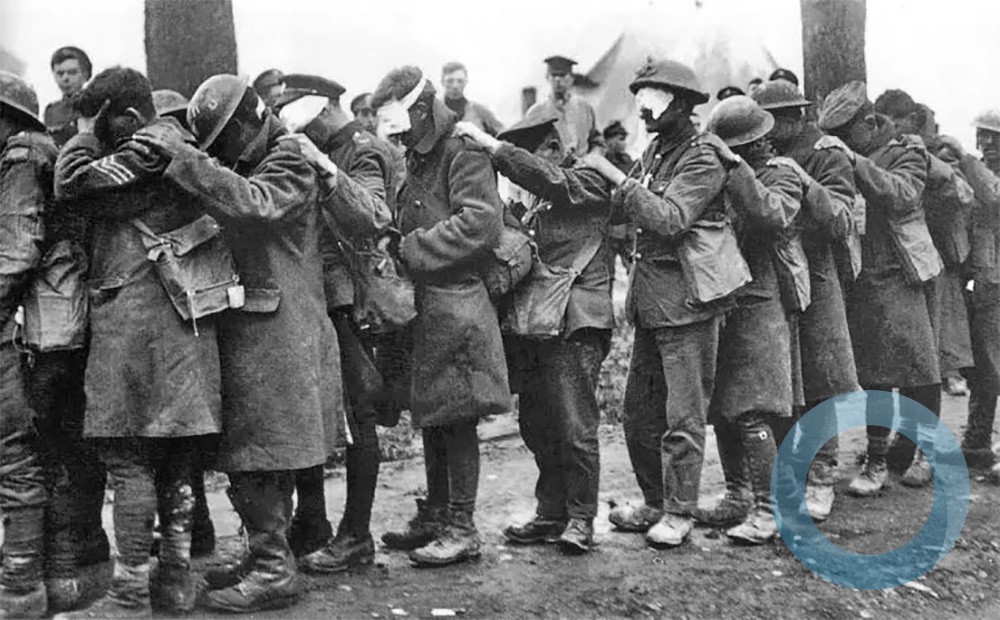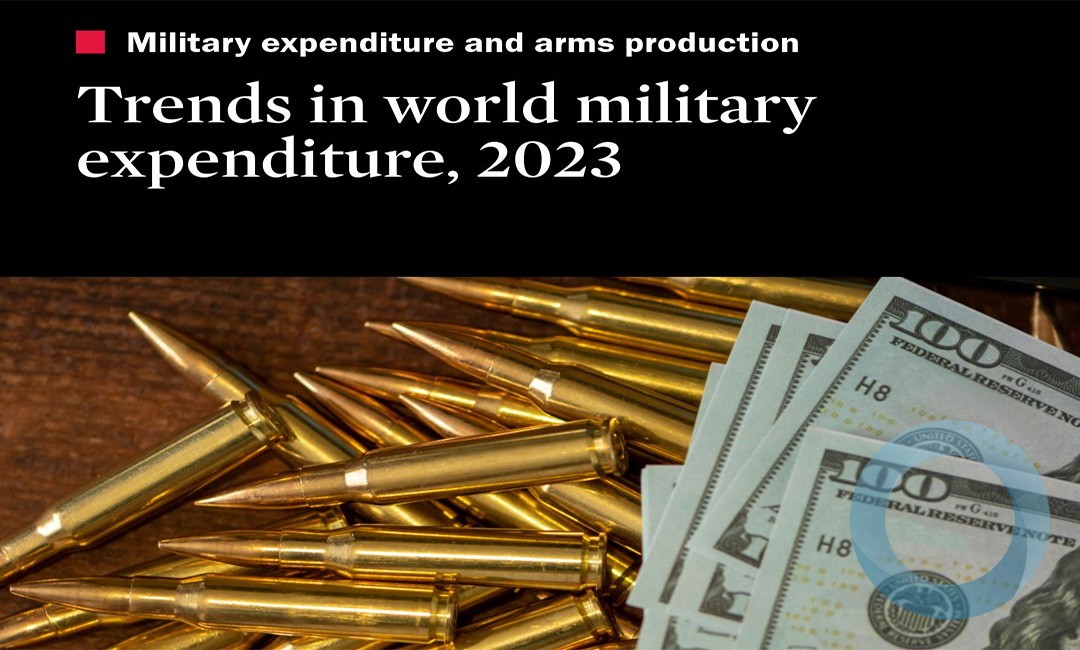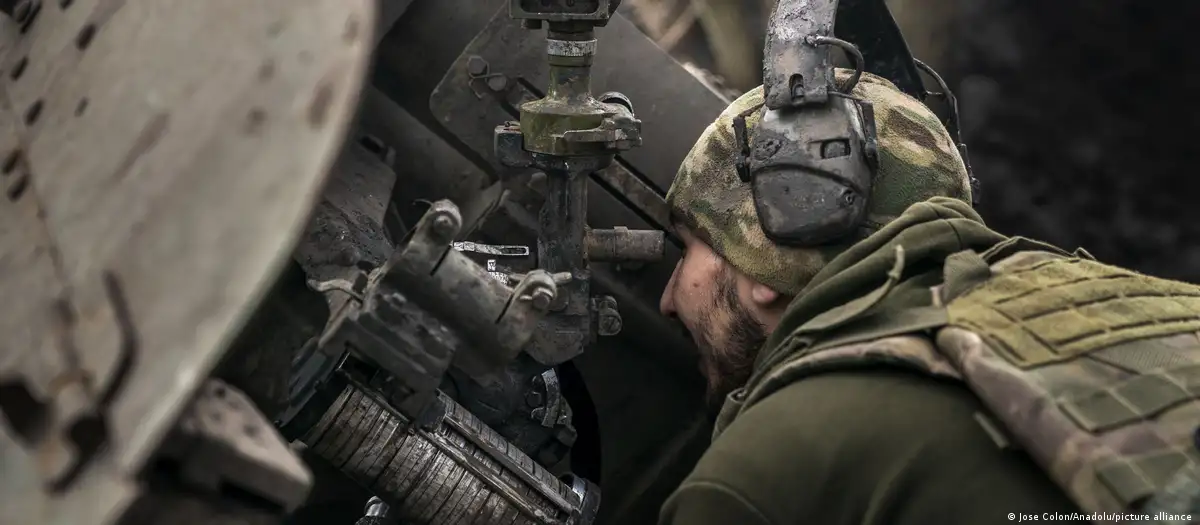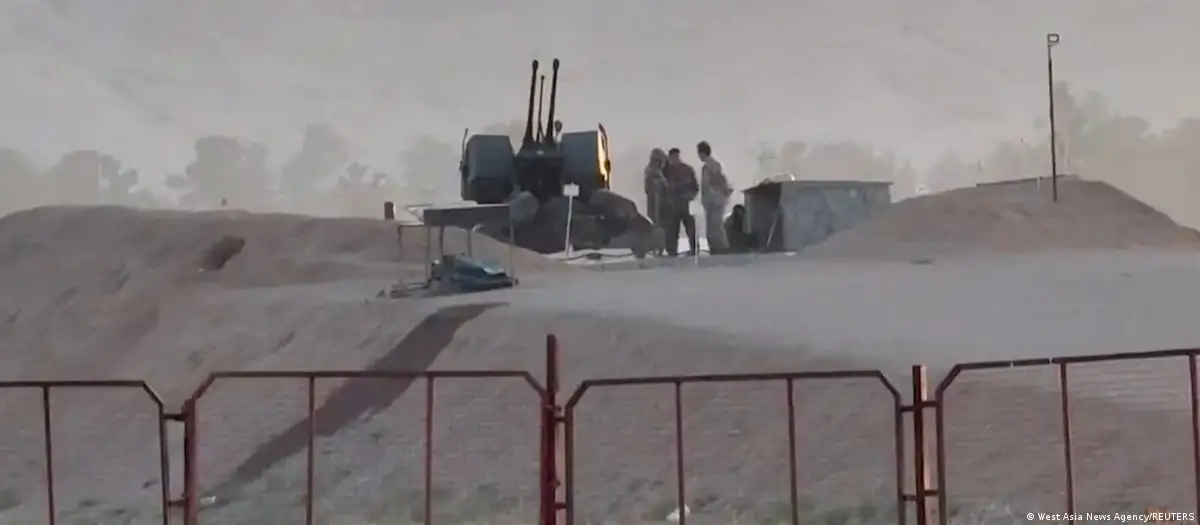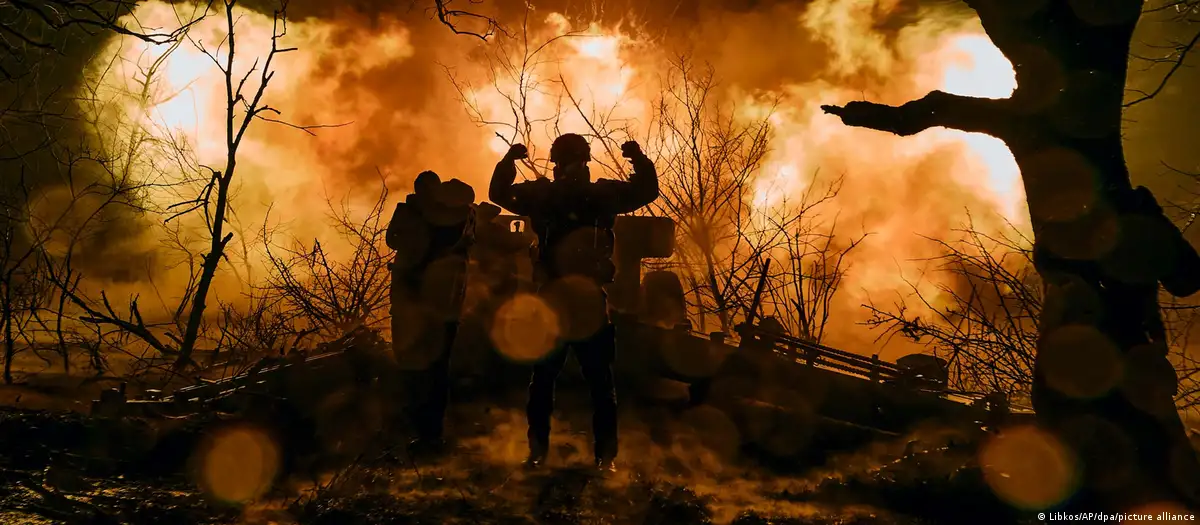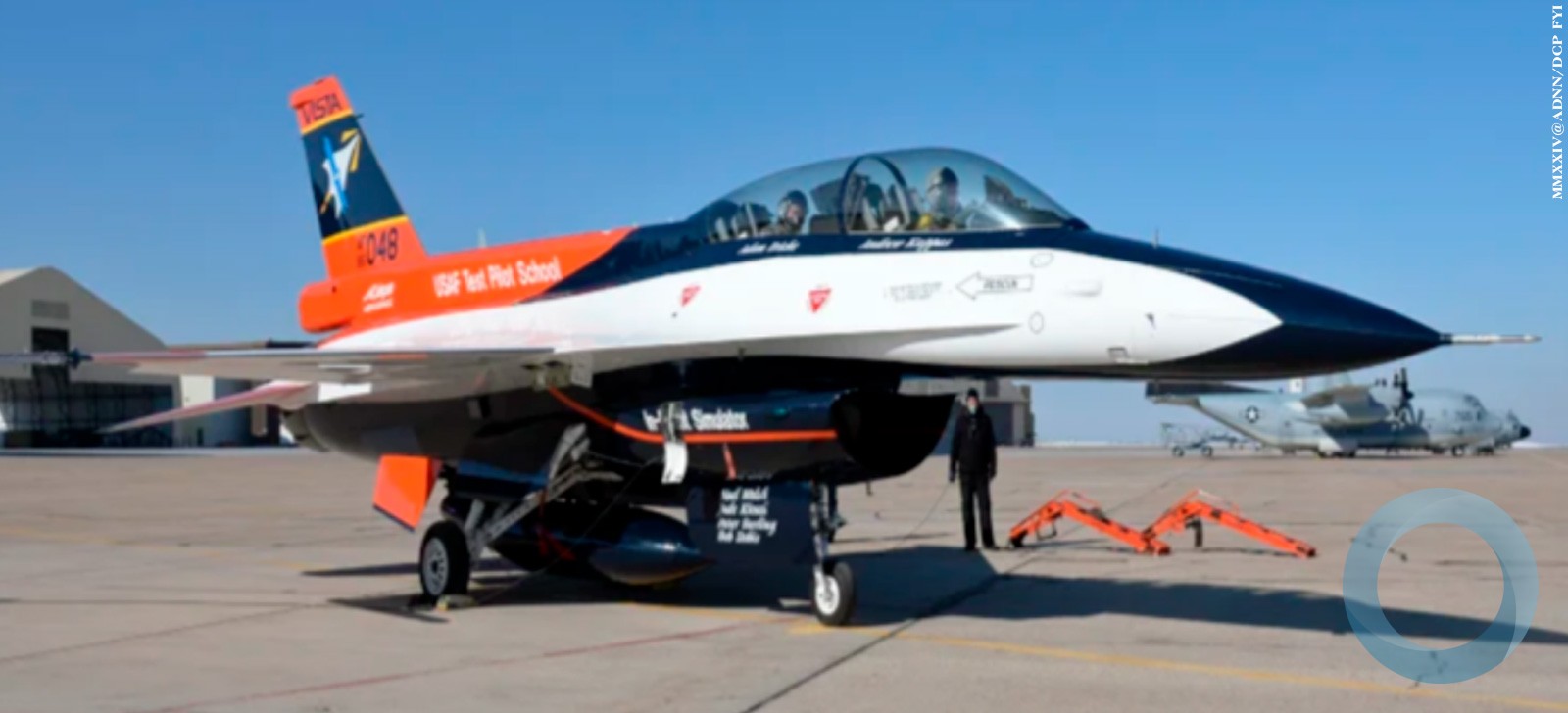Mr. Chairman , Ministers, Distinguished guests,
Brazil’s participation in peacekeeping operations goes back to 1947, during the United Nations’ preliminary mission to the Balkans. Our first infantry troop in peacekeeping operations took place in Suez, in 1957.
We have con tributed to peace in Mozambique, Angola and East Timor . Recently, w e have intensified our pledges in the PCRS – this year, for example we have offered companies of military engineering and Army police.
However, our most significant participation took place with MINUSTAH, in Haiti, whose mandate ended this past October, and where more than 36,000 of our military personal worked for 13 years in favour over peace and stability in that friendly country.
The Brazilian style of peacekeeping is closely related to values of solidarity, unconditional cooperation and non – interference in domestic affairs. Among the 15 ongoing peacekeeping operations, ten have mandates to protect civilians.
Without setting aside the host country ’s primary responsibility, such task requires an i ntegrated action, well coordinated among all components to the peacekeeping mission: military troops , police, logistical support, and all other civilian agencies, including the UN Team.
I would like here to cover some aspects and lessons learned from MINUS TAH. Brazilian troops assisted the Military Component fulfill the mandate of protecting Haitian civilians. Our Blue Helmets acted based on the Brazilian Army’s motto: “Strong Arm, Friendly Hand”.
They have guided their actions by their steadfastness in fac ing criminals, without ever setting aside the special attention given to the Haitian population, the ultimate reason for our peace mission, especially in communities with more violent areas where gangs used to operate.
In the occasions where armed confront ation did take place, always in densely populated areas, the application of rules of engagement of Brazilian troops were extremely careful to avoid collateral damage over the civilian population.
As soon as red areas were reduced to yellow or green, our troops began to operate in light vehicles instead of closed armored ones , and increased foot patrol, in order to have greater contact with the population.
Brazilian soldiers played soccer and danced with children, and had friendly interactions with Haitian s, with whom we share the African base in our ethnic matrix. In this phase, in which support to the population gained an important operational element, Brazilians began to be affectionally called bon bagay, loosely translated to “good folks”.
We went from responsibility, to empathy to friendliness. Thus, Brazil does not agree with an exclusive or excessive focus on the use of force to protect civilians, based only upon robust interventions, without taking into account social, cultural, political and human development aspects.
Peace is not achievable without human development. Brazilian troops were prepared for MINUSTAH with attention to four key areas. First, applying the aforementioned rules of engagement . Second, the strict disciplinary conduct, as to avoi d cases of sexual exploitation and abuse – the policy of zero tolerance has been thoroughly observed in the training and orientation of peacekeeping troops .
Third, recruitment grounded on a voluntary basis, and fourth, thorough selection. Brazilian troop c ommanders are guided to establish a high bar for discipline in the mission area, reinforced by two measures.
First, keep troops confined , where they have infrastructure for physical training and leisure options, so that they would leave their quarters only occasionally, in groups and under the direct leadership of the chain of command . The other measure is troop rotation every six months.
I would also wish to highlight the importance of Community Violence Reduction (CVR) programs in peacekeeping missions, directed to armed groups and youth in r isk situations.
CVR began in Haiti, in 2006, being recognized as an innovative non – military flexible tool, which seeks to create space for peace. Finally, I would highlight the importance of women’s presence in Brazil ian troops.
The participation of female military officers in peacekeeping mission had a positive effect in establishing links with Haitian communities, due to the affinity between women in both sides, the troops and local population.
By incorporating in ou r troop’s presence the psychosocial dimension and the empowerment of Haitian women, especially mothers.
Emphasizing , the importance of women in the family structure, Brazil’s actions became even more in tune with the population. Ladies and gentlemen, These are, briefly, the aspects of the Brazilian experience in protecting civilians in peacekeeping operations that I would like to share with you.
Brazil continues, as always, committed to UN peacekeeping operations and, specially, the responsibility to protect civilians at risk, the group that suffers the most whenever there is peace breakdown .
Thank you all.

























